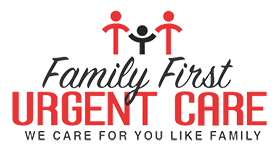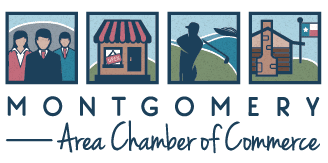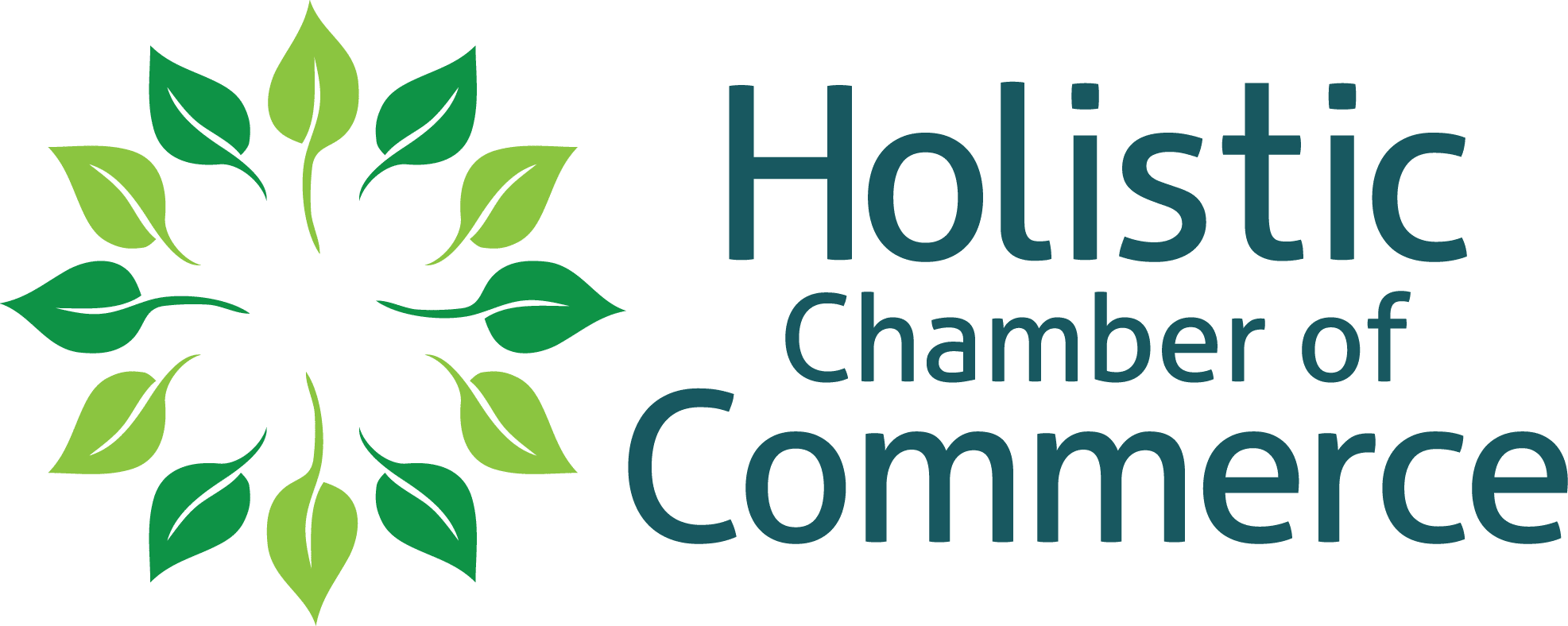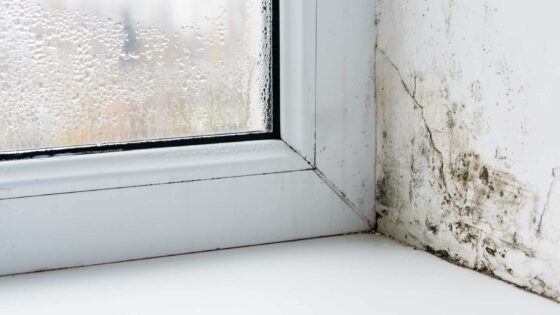
When you think of the dangers lurking in your home, mold may not immediately come to mind. However, this silent intruder can pose serious health risks to you and your family if left unchecked. Mold is more than just an unsightly nuisance; it is a stubborn problem that can cause allergic reactions, respiratory problems, and even lead to chronic health conditions. In this article, we will shed light on the dangers of mold in your home and what you can do to prevent its harmful effects.
Allergic Reactions
One of the most common health risks associated with mold is allergic reactions. Mold spores can trigger allergic reactions in some people, causing symptoms such as sneezing, runny nose, itchy eyes, and skin irritation. These symptoms can sometimes be severe, especially for people with preexisting respiratory conditions. In some cases, prolonged exposure to mold can even lead to the development of asthma.
Respiratory Problems
Mold can also cause respiratory problems, particularly in people with weakened immune systems or respiratory conditions like COPD. When you breathe in mold spores, they can settle in your lungs and trigger inflammation, leading to symptoms like coughing, chest tightness, and shortness of breath. In severe cases, exposure to mold can lead to lung infections and even pneumonia.
Toxic Mold
In addition to the physical symptoms associated with mold exposure, there is also a type of mold known as toxic mold that can produce harmful mycotoxins. Mycotoxins are toxins that can create serious health problems in people and animals. Exposure to toxic mold can cause symptoms such as nausea, headaches, fatigue, and even bleeding in the lungs and nose.
Mold Prevention
The best way to prevent the harmful effects of mold is to prevent it from growing in the first place. Mold thrives in warm, humid environments, so it’s important to keep your home dry and well-ventilated. Fix leaks and water damage promptly, and make sure to clean up any spills or standing water immediately. Use a dehumidifier in damp areas of your home, such as basements, bathrooms, and kitchens, and consider using a mold-resistant paint or other products in areas prone to mold growth.
Mold Remediation
If you do discover mold in your home, it’s important to address it promptly and properly. While some small areas of mold can be cleaned up with household cleaners, larger infestations or widespread mold growth should be handled by a professional mold remediation specialist. A professional can safely and effectively remove mold from your home, preventing further damage to your health and your home.
Mold may not be the first thing on your mind when it comes to home safety, but it’s a hidden danger that’s important to take seriously. If you suspect mold in your home, take action to identify the problem and address it immediately. By preventing mold growth and addressing it promptly, you can help keep your family healthy and your home safe. For more health related articles, visit the Family First Urgent Care website.
- Cultural Competency in Urgent Care: Providing Inclusive Patient Care - April 11, 2025
- Urgent Care for the Elderly: Specialized Services for Senior Patients - March 24, 2025
- Urgent Care for Mental Health: Addressing Immediate Needs - February 17, 2025
